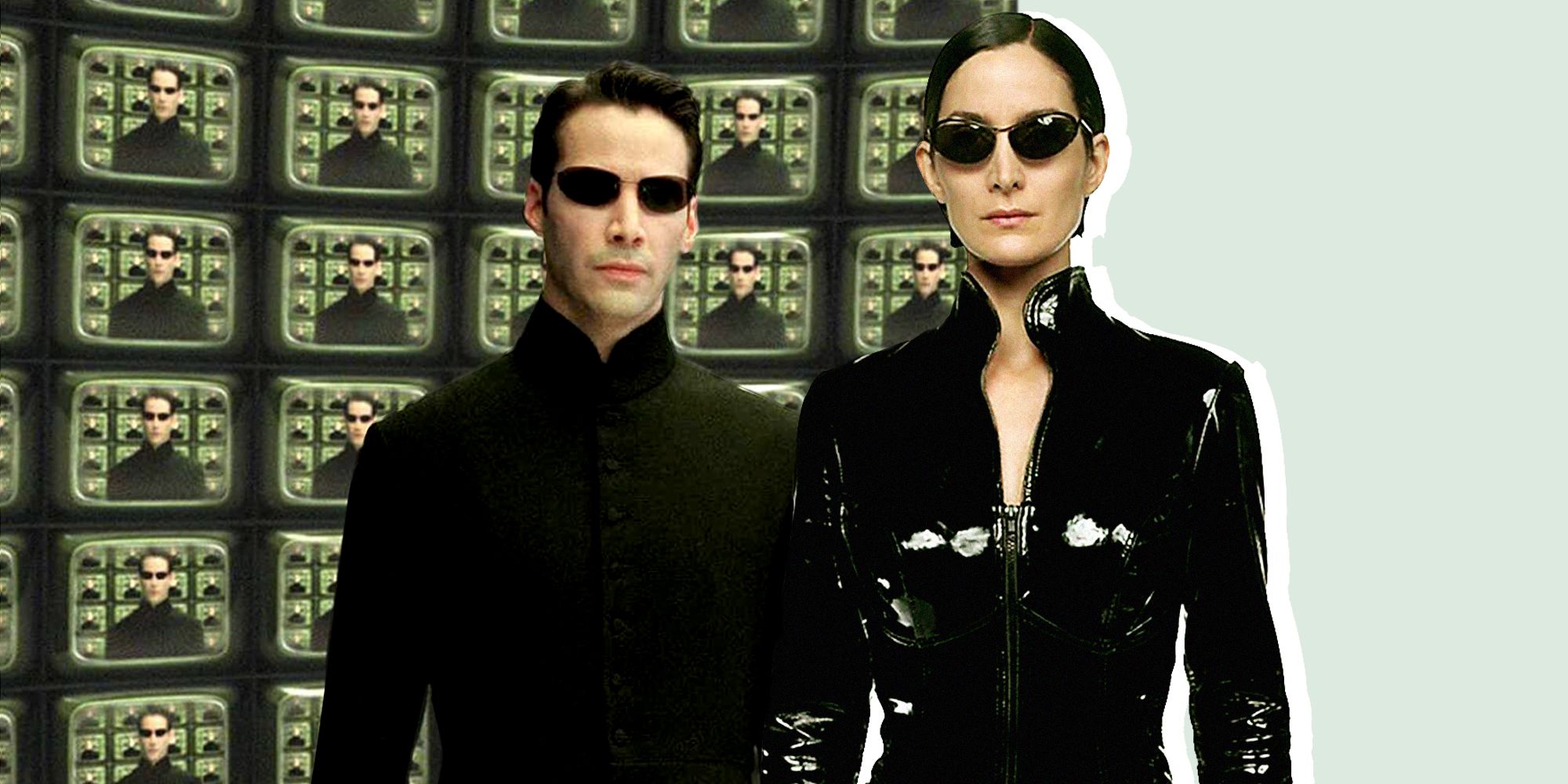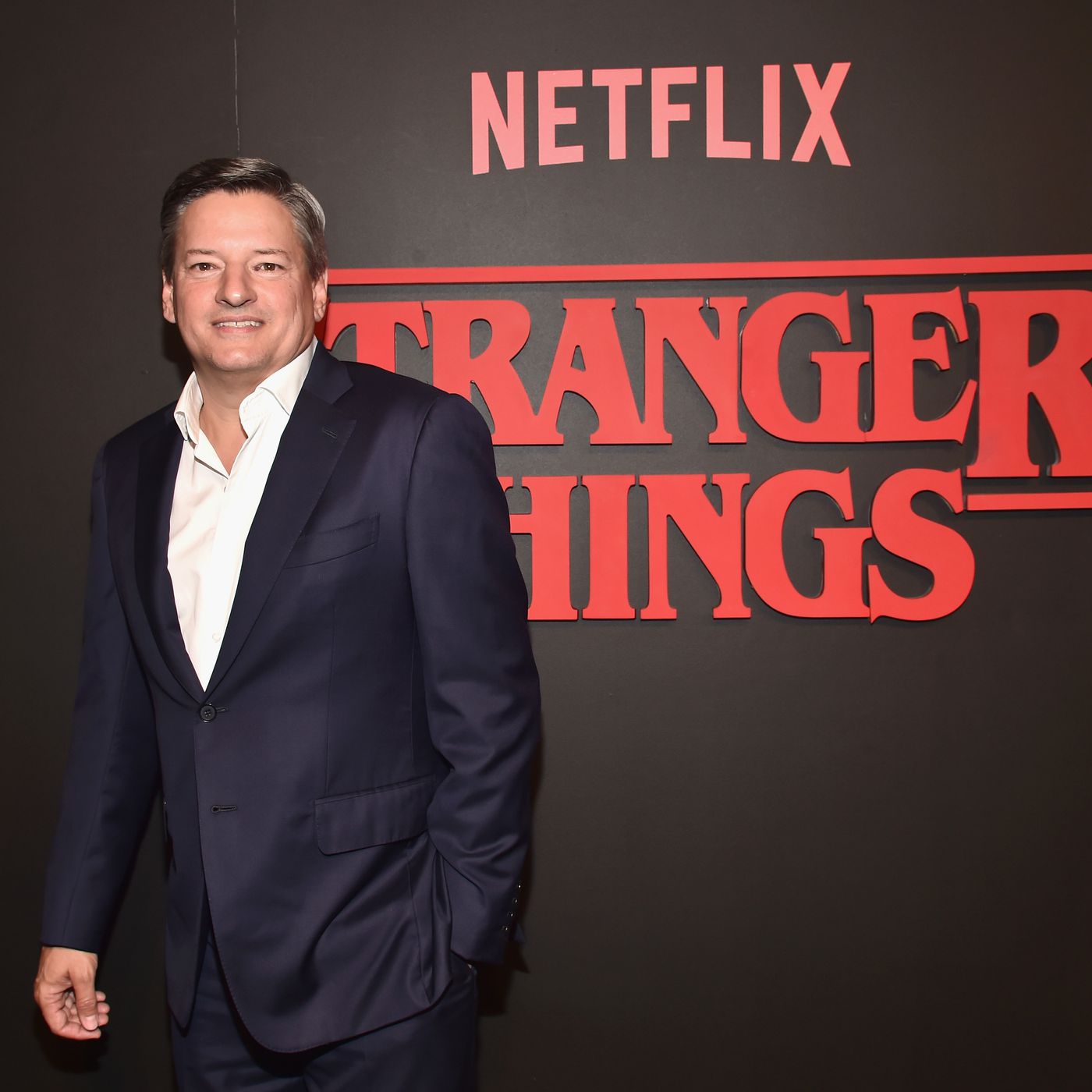Downstream: How HBO Max has changed the game (again) forever

At the time of writing (early into December, 2020), the world was gripped by the ongoing suffering spawned by the deadly Covid-19 pandemic; economies shattered, livelihoods ruined, businesses bankrupt or insolvent, and lives lost, the virus cared not for thought, reason and emotional stability.
As expected, Hollywood was affected by the pandemic in no small way, with global audiences well down throughout 2020 to the point many cinemas, large and small alike, closed for many a shutdown, or worse, shuttered altogether, never to return. This proved disastrous for major Hollywood studios, rolling in debt due to productions they had sitting on the shelf for the simple fact nowhere was open to release them. Streaming platforms such as Netflix, Apple and the then-newfangled Disney+, which arrived in November 2019, were the only real winners as the pandemic ravaged the world, with people forced to stay at home for months on end they saw a positive uptick in subscriber numbers.

As studio release dates continued to be pushed back as the pandemic took hold, with audiences unwilling or unable to attend cinemas in any number significant enough to prove financially viable, talk swung to two key questions the film industry globally needed to answer. 1, how long could major production companies, such as Disney, Warner Bros, Universal et al hold off on releasing their tentpole theatrical blockbusters (many of which were due to land mid-year and into November) before their financial hit started to land, and 2, how long until they moved to release first-run feature films directly onto streaming platforms to recoup at least some return on their expenditure?

Midway through 2020, Disney took the unprecedented step of debuting their incredibly expensive Mulan live-action remake on the Disney+ platform, for a premium rental price over the normal subscription fee, to find audiences (and pirates) venturing onto the new platform in numbers successful enough for the studio not to be unhappy with the return. Meanwhile, Warner Bros acquiesced to director Christopher Nolan’s request to deliver his wildly expensive sci-fi actioner Tenet to cinemas, disregarding a lot of the pandemic shutdowns, as a mini-experiment to test the waters of how audiences would react to heading back to cinemas in any kind of number. This would prove disastrous for Warners, with Tenet costing around $200m to produce but recouping barely that in a lukewarm box-office, and only squeaking past $350m with the addition of the home-video release.

Pre-Covid, the industry had relied on a tiered release of theatrical films on a number of key markets. First, the theatrical cinema release, where the bulk of a film’s returns would be gained. Then, a home video release on disc and in digital format (available to rent or own on Apple and Google’s respective media stores), before eventually arriving on whichever streaming platform had the rights to said film at any given time. Disney+, which owned both the Star Wars and Marvel Cinematic Universes, not to mention their large stable of homegrown product from Pixar down to Disney Animation content, wasn’t keen on delivering first run films directly onto their platform but Mulan’s premium success proved that audiences would pay extra for streaming a film if marketed correctly.

It quickly became apparent that in key markets for Hollywood content, specifically America and the European markets, releasing films in any sizeable way into cinemas in 2020 was never going to happen. Consequently, most major tentpole films were shuffled into 2021, with the industry hopeful of a return to normality by then. Sadly, as of December 2020, the pandemic is only worsening in the United States, with numbers of infections and deaths rising daily, the wrong direction for anything to start trending in the direction of “normal”. So too with Europe, most of which is still grappling with outbreaks and spikes as the virus maintains its grip. Australia has largely avoided the horrors of the most populated areas of the world with regards to Covid-19, with our lives slowly returning to normal as we rapidly approach Christmas.

It really was only a matter of time before the tipping point for film arrived. Earlier this week, Warner Bros announced that they would be taking the astonishing step of releasing all of their major tentpole 2021 releases onto the US domestic streaming platform HBO Max on the same day they would debut in theatres – the theatres that were still open, that is – in a move that sent ripples through the industry. Titles such as James Gunn’s Suicide Squad, Godzilla Vs Kong, the fourth Matrix film and Denis Villenueve’s Dune remake were going to land squarely on an easy-to-access platform day-and-date with their cinema releases, some 17 film titles in all. The first salvo of which will be the hugely anticipated Wonder Woman 1984, due to arrive on Christmas Day. Crucially, according to the streaming platform, there would be no “premium” price to watch these blockbuster films, with the cost absorbed by the platform’s low sub-$20/month price point. Why would people afraid of catching a deadly virus need to go to cinemas, when they could watch the film, in crystal clear 4K and HDR, on their televisions at home?

This game-changing announcement was specified as being only for the duration of the pandemic, for the entirety of 2021, but you can bet your bottom dollar this model will remain in place, at least in part if not in full, from now until doomsday. Studio’s have started to recognise that streaming content, with a steady subscription base, brings in money of a number that can be quantified easily. Dropping quality content on a streaming platform will bring in new subscribers (and keep older ones) that prop up a company’s bottom line. Netflix keeps spending huge money on making and acquiring new content because they have the financial backing of their millions of subscribers. Disney+ is rapidly heading in the same direction, especially thanks to the huge success of their Star Wars “television” show, The Mandalorian, the latest cultural phenomenon to grip our planet in the absence of Game of Thrones. Increasing paying subscriber numbers increases the amount of money you’re making exponentially, and of course throwing a film or show on a streaming service is far easier and less costly than delivering it across the globe to cinemas, albeit even digitally.

The cinematic release was considered the last bastion of Hollywood’s holdout to move totally into the streaming market. Because of the legal antitrust case of 1948 between Paramount and the United States, studios were banned from owning theatrical cinemas for the purposes of screening their own content, and an increasingly uneasy alliance between Hollywood and major cinema chains sprang up whereby cinemas drew a slice of the pie (mainly through the candy bar…) while studios had their films shown to the public. Streaming platforms afforded studios to own their own method of delivering content to audiences: Disney+ have become the dominant studio-led platform, arguably soon to eclipse Netflix (who isn’t a traditionally major studio player), with their own content and branding making them one of the largest corporate behemoths on the planet. Platforms such as Apple TV+, Hulu, Amazon and local variants such as Stan and Binge have less content available to them, often acquiring films and programming from other entities who lack the mechanisms to deliver content themselves. This method of releasing major tentpole films to streaming in such a manner is a genie studios won’t be able to put back in the bottle, at least not immediately (if ever). The final line in the sand for feature film releases has been crossed, and how Hollywood reacts to Warner Bros decision – and how it will play out around the globe – will be the most intriguing film industry event in the last fifty years.
The thing about Disney+ is that, until now, they’d endeavoured to keep the “premium content” price point for their blockbuster releases to continue reaping extra cash from audiences. Now, with the HBO Max announcement, there’s every chance they too might bow to public desires and drop some of their valuable soon-to-arrive content (including the next MCU instalment, Black Widow) day-and-date onto Disney+ as well without the extra cost, mirroring what is sure to be an incredibly popular move with global audiences.

With HBO Max only currently available to US subscribers, however, another significant issue arrives with this decision: piracy. The moment Wonder Woman 1984 lands on HBO Max Stateside, a thousand digital pirates will be downloading and uploading the film onto any number of torrent sites, making the film free for those who either have no access to HBO Max (ie, everyone outside the United States) or don’t have safe access to cinemas to watch it (which is still a lot of markets, to be honest, although Australia is blessedly free of Covid-19 right at this moment). This will undoubtedly have an impact on the film’s returns as it spreads across the globe, and you have to question whether Warner Bros might have made a mistake with this business model: take a bath on streaming the film direct to audiences in only one market when the global demand for the film is so high, and personal safety still comparatively low.

Even today, Tenet director Christopher Nolan came out angrily in response to Warner Bros’ decision, claiming HBO Max was “the worst streaming service”, notably deriding a decision that would see a lot of filmmakers and cast/crew talent miss out on valuable back-end returns on box-office takings. Given the way audiences turned out to see his own film, Tenet, you’d think he’d be more accepting of a decision to keep releases coming out into the public, but one can understand how the rock that’s been thrown into the pool of Hollywood ego and finance will cause enormous ripples. Apparently production studio Legendary, long-time Warner Bros partner and maker of upcoming films Dune and Godzilla Vs Kong, was told about the studio’s streaming drop plans barley an hour before the announcement went public, which has left a bitter taste in many mouths. The financial ramifications for an already battling industry are sure to be felt far and wide: take any complaints about industry people losing money with a grain of salt, however, because you only have to look at the talent involved with the likes of Netflix and Disney+ and Apple TV etc etc and you can easily see there’s room at the table of streaming for everyone.

The big losers out of all this will be cinemas. Dwindling audiences have been a bane of cinema chains’ livelihoods for decades, with spiralling prices and often decreasing quality of auditoriums and/or content giving people ample reason to stay home and, as the kids say, Netflix and chill. More and more people have television sets and home audio equipment that provide more than ample audio-visual quality for an in-lounge experience, without the crowds of loud-chewing, drink-slurping, phone-fiddling assholes to contend with. Removing the need to attend a cinema to see a debut feature film spells doom for a lot of the marginally run cinema chains and it must be stated that there are countless thousands of people involved with them who will be affected again by this, having already lost a lot of work due to Covid-19. Having said that, had Hollywood and cinemas got off their collective asses earlier, they may well have been in a better position to ride out the pandemic but also place themselves well for the eventual full-fledged arrival of streaming content; instead, a refusal to recognise the trends and remain entrenched in the “old ways” of cinema distribution, which basically hasn’t changed since the 1950’s, have led to their own destruction. It’s sad, too. Cinema represents a singular form of entertainment: large and loud, films deserve to be seen in an auditorium, but if they can’t be then delivering first-run films at home over the internet is an option more and more people are flocking to, not just for convenience but expense. Dropping thirty or forty bucks a month on four or five streaming platforms for practically unlimited content is far cheaper than the same cost of you and the missus heading to the cinema for a night to see one film!

Anyone watching the rise of Netflix and the other streamers has been acutely aware that it really is only industry hubris that has prevented the major players from stepping totally into the streaming wars. Either unwilling or unsure of how to tap into this market, the studios have long avoided fully embracing what they see as an upstart technology that removes the cinema chains from the pie. Now, the bandaid has been ripped off, and things are about to get bloody. With Warner’s HBO Max move, the other major players will be watching to see how both the industry and audiences react, breaking down the final hurdle to a totally digital release strategy that I think has been a long time coming.
